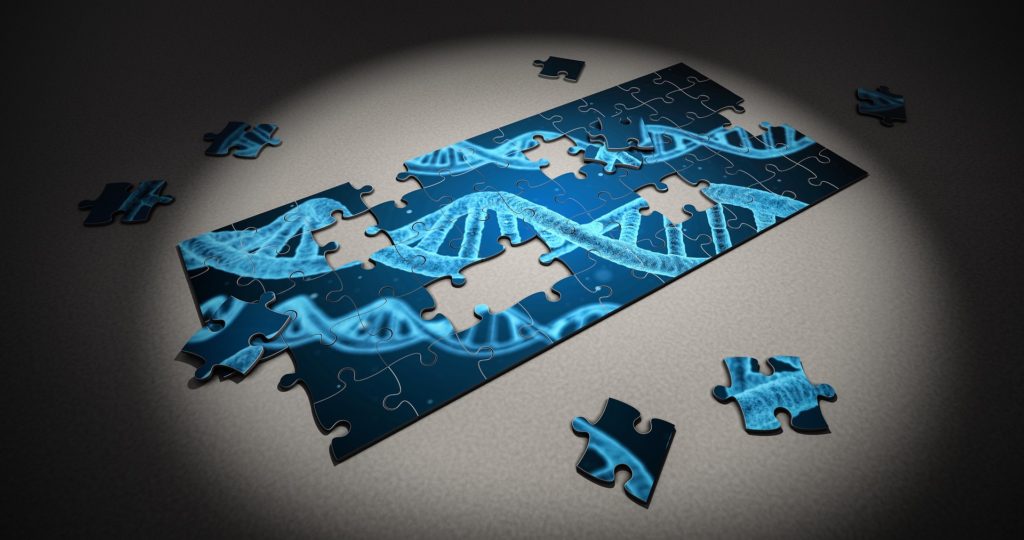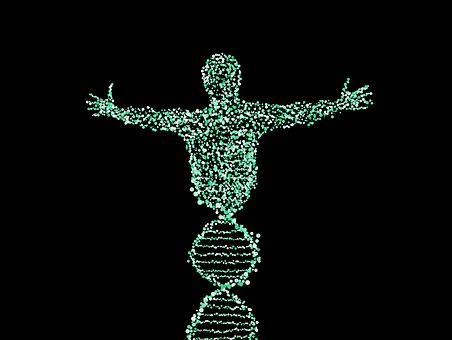Even if you haven’t heard of methylation, you soon will! It’s a hot topic that affects so many aspects of our health.
Methylation is a pathway – meaning it’s a transfer of molecules from one substance to another. It occurs in every cell of our body. A methyl group is made up of 3 Hydrogens and 1 Carbon. When they are added to a protein – that’s methylation! And it affects many systems in our body.
Games and machines
Did you ever play the game Mouse Trap? Or Dominoes? Or tinker with machinery? If so, you’ll know that one system affects another and then another. Picture gears in machinery – one gear turns another which affects a third then a fourth and so on. If one gear stops, the whole system backs up!

The same is true for methylation in our bodies. Certain nutrients, such as folate and choline and a substance called SamE (pronounced sammy) turn on and turn off reactions in our bodies.
Some of the systems affected by methylation include:
- DNA repair: which can affect one’s risk for cancer
- Neurotransmitter production: such as our ability to make serotonin, dopamine among others. This can have an impact on mood, anxiety, and depression
- Detoxification: methylation rids the body of homocysteine- an amino acid that can damage arteries
- Estrogen metabolism: affects reproductive health and cancers
- Fat metabolism: important in many areas including weight management and heart health
- Cellular energy: vital to athletes and everyone!
So what’s the problem?
We all have genes that make proteins that create enzymes. In case you don’t know or forgot, enzymes are the “spark” to get reactions going in your body.
The problem is that we all have slight variations in some of our genes. Sort of like a mis-spelling. For some of us, a gene might not be making any of an enzyme we need – for others, it’s kind of sluggish. When this happens, things don’t work so well in our bodies. To understand more about how this impacts our well being, more information on nutrigenomics is available here.
That’s the case with this whole methylation process. We need the spark to get things going and some of us don’t make enough to get things going properly. We’re just not good methylators! And that can result in some of the areas mentioned above. Stay tuned for blogs about diet choices, sports performance and methylation.

The MTHFR Gene
The MTHFR gene (which stands for methltetrahydrafolatereductase) makes the MTHFR enzyme (thank goodness for acronyms!) People that have a blip in this gene (which we call a variant) need to consume a special form of folate – methylfolate. If they consume folic acid – which is in many supplements, sports bars, many breads, cereals and other fortified foods – their bodies can’t use it! They can’t methylate properly and we see health problems.
And there’s more….
There are a lot of other genes involved in the process as well. Some people only test for MTHFR and that’s a shame because it’s like looking at only one gear when a machine is broken. We need to know how the whole body is functioning. There are a host of other nutrients and enzymes that affect our health. For example, B-12 is also affected by MTHFR. Stay tuned for a blog post about veganism because B-12 is found mainly in animal proteins. A vegan diet may be healthy for some but not for others, based on their genes. Knowing your genomics is a key factor in understanding your nutrient needs to live and perform at your best.
If you’re interested in learning more about your genes, contact me!
Until then,
AC

